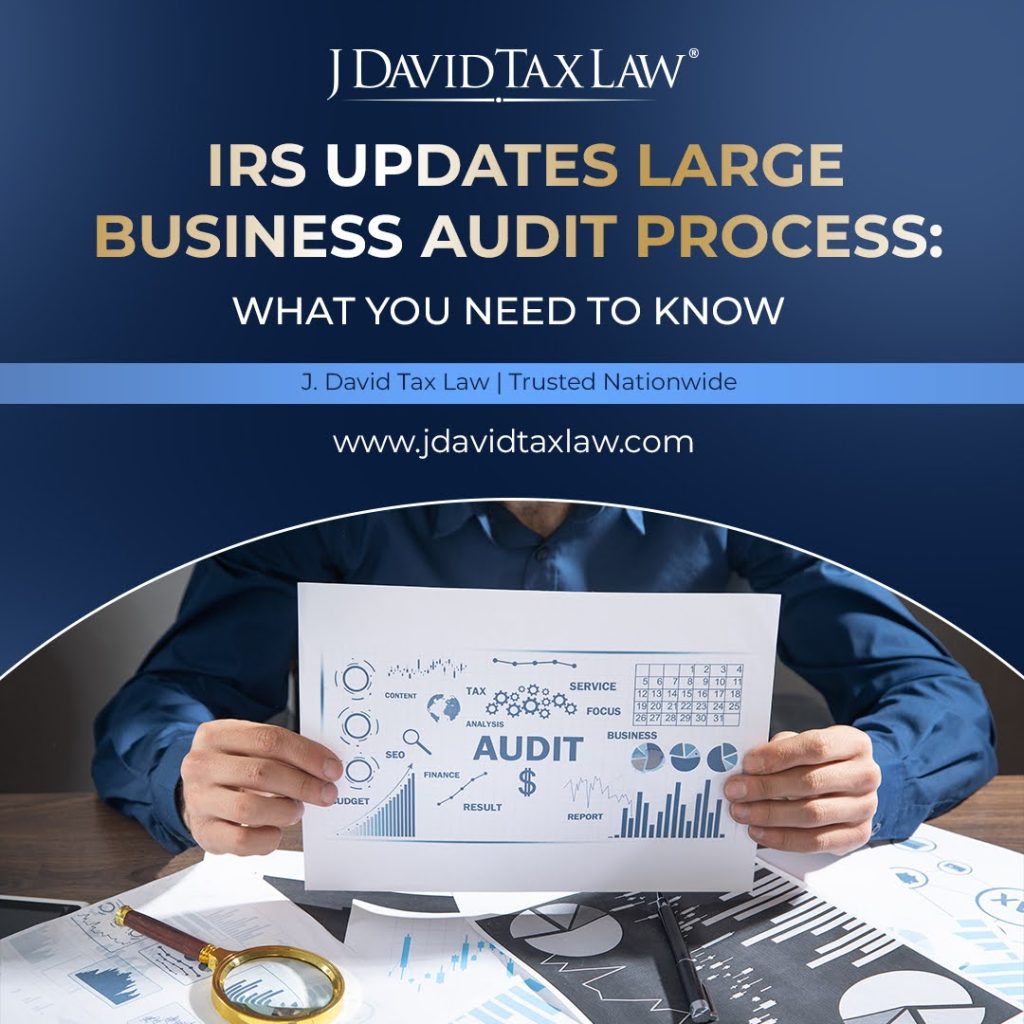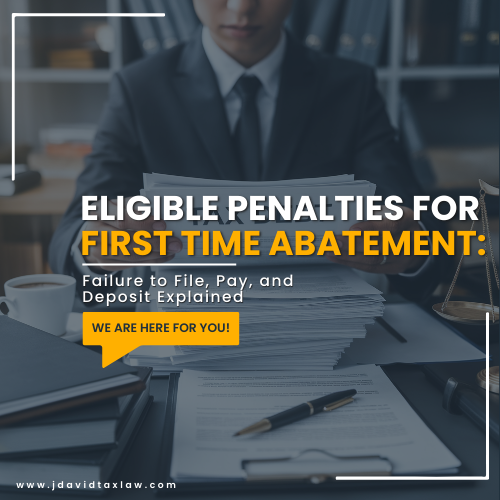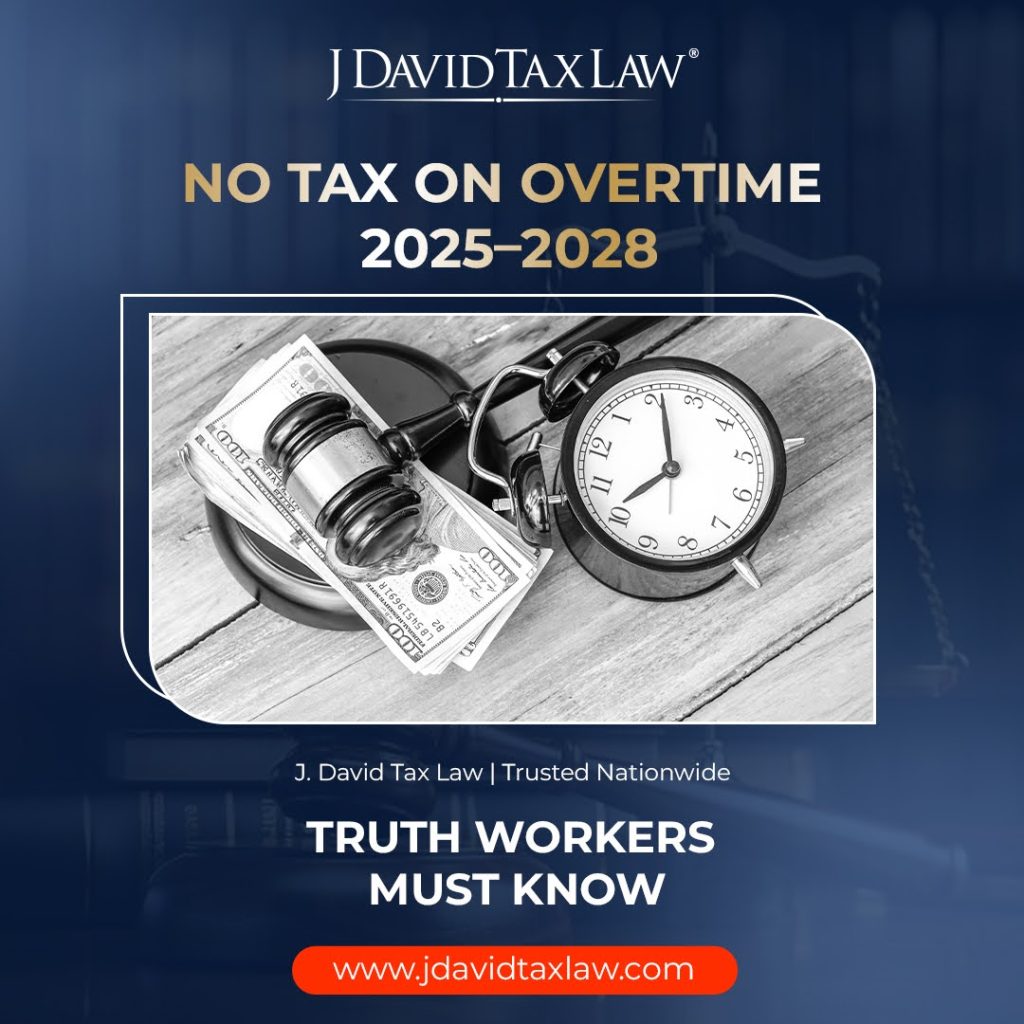Has the IRS locked down your paycheck, leaving you scrambling to cover your bills? Wage garnishment can turn an already stressful financial situation into a crisis. It is a serious matter and ignoring it can lead to severe financial consequences.
The good news is that you don’t have to navigate this situation alone, and there are ways to stop Internal Revenue Service (IRS) wage garnishment. This blog aims to equip you with the knowledge to address this issue head-on and how a tax debt lawyer can help regain control of your finances.
Understanding IRS Wage Garnishment
Wage garnishment has been a more common issue than most people think. According to Kellog Insight, 1% of private-sector workers experienced wage garnishment from 2014 to 2019. It often averages around 10% of the gross earnings of workers’ paychecks but can go much higher.
So what’s IRS wage garnishment?
Wage garnishment, or wage levy, occurs when the IRS legally takes a portion of your earnings to satisfy unpaid tax debts. This can be initiated due to unpaid taxes or issues uncovered during a tax investigation.
Unlike other creditors, the IRS does not need a court order to garnish wages. Instead, they can issue a garnishment after several attempts to collect the unpaid taxes have failed.
The impact on your financial well-being can be substantial. It can affect your ability to pay for essentials like rent, utilities, and groceries.
Immediate Steps to Take
It’s essential to act quickly to mitigate the financial impact if you receive an IRS wage garnishment notice. Here are the immediate steps you should take:
Step 1: Review the IRS Notice
The first step is to review the notice you received from the IRS thoroughly. This document, typically titled “Final Notice of Intent to Levy and Notice of Your Right to a Hearing,” provides critical information about your tax debt, including:
The total amount owed, including penalties and interest.
The deadline by which you must respond to avoid additional garnishment.
Your rights to a hearing and how to request one.
Step 2: Contact the IRS
After reviewing the notice, contact the IRS as soon as possible. Use the contact number provided in the notice.
When you call, be prepared to discuss your financial situation and the specifics of your tax debt. Clearly explain your circumstances and emphasize why you are unable to pay the full amount immediately. This is crucial in negotiating a payment plan, currently non collectible status, or other solutions to prevent or stop the garnishment.
Step 3: Reach out to J. David Tax Law
Seeking professional assistance from a specialized tax law firm like J. David Tax Law can provide invaluable support. Experienced tax attorneys at J. David Tax Law can negotiate with the IRS on your behalf. This, in return, can reduce your debt and halt garnishment.
For example, if the garnishment is unjust or you need more time, J. David Tax Law can request a Collection Due Process (CDP) hearing within 30 days of the notice. This hearing provides an opportunity to challenge the garnishment and present your tax situation.
Here is a comprehensive list of their tax debt resolution services:
IRS Tax Installment Agreements
Tax Debt Settlement
Tax Audit Representation
Offer in Compromise
Tax Penalty Abatement
Currently Non Collectable Status
Tax Debt Appeals
Payroll Tax Representation
Their tax debt attorneys ensure that your interests are effectively communicated to the IRS to increase the likelihood of a favorable outcome. Moreover, J. David Tax Law offers expert guidance tailored to your specific situation. Thus, ensuring you understand your rights and options to secure wage garnishment release.
Exploring Your Options to Stop Wage Garnishment
Pay the Debt in Full
Paying your federal tax debt in full is the quickest way to stop wage garnishment. Once the IRS receives full payment, they will release the garnishment and cease further collection actions. You can make payments online through the IRS website, by mail, or over the phone.
Set Up an Installment Agreement
An installment agreement allows you to pay off your tax liability in smaller, manageable monthly payments. You can apply for an installment payment agreement online, by phone, or by submitting Form 9465, Installment Agreement Request. Once the IRS approves the agreement, wage garnishment will stop but it helps to have the IRS fax a garnishment release to your payroll contact person so that it is release quickly.
Submit an Offer in Compromise
An Offer in Compromise lets you settle your tax debt for less than the total amount owed if you can prove paying the full amount would cause financial hardship. To apply, submit Form 656, Offer in Compromise, along with the required financial documentation. The IRS will evaluate your offer and financial situation before making a decision.
Request an Economic Hardship Exemption
If wage garnishment is causing significant financial hardship, you can request a Currently Not Collectible (CNC) status. This status temporarily stops the IRS from collecting the debt until your financial situation improves, which for some people is never. To apply, contact the IRS and provide detailed information about your financial hardship.
Appeal the Garnishment Action
If the wage garnishment is unjust, you can request a Collection Due Process (CDP) hearing. Submit Form 12153, Request for a Collection Due Process or Equivalent Hearing, within 30 days of receiving the Final Notice of Intent to Levy. During the hearing, you can present your case and negotiate alternative payment arrangements.
Conclusion
IRS wage garnishment can severely impact your financial well-being, but it’s important to remember that you have resources and options at your disposal. Consulting with a qualified tax attorney can offer personalized solutions tailored to your specific circumstances.
The sooner you take action, the more options you will have to mitigate wage garnishment. Here at J. David Tax Law, we understand the stress and anxiety that come with IRS wage garnishment. Our experienced tax debt lawyers can provide you with effective solutions to resolve wage garnishment and other tax debt issues.
Contact us today to schedule a consultation and take the first step towards resolving your tax issues and stopping IRS garnishment action.




















